Organometallic Chemistry and Catalysis
ACS Fall 2024
Global Virtual Symposium
Emerging Landscape of Organometallic Chemistry and Catalysis
Organic Chemistry Division
The Emerging Landscape of Organometallic Chemistry and Catalysis symposium is at the forefront of catalysis and transformative chemical research. The symposium highlights four key areas shaping the landscape of modern chemistry: innovative catalyst design, sustainable reactions, and holistic understanding of chemical reactions fostering innovation and breakthroughs to address global challenges.
- Innovation across diverse sectors, leveraging catalytic processes and transformative chemical reactions.
- Development of catalytic reactions rooted in C–H bond activation, unlocking pathways to discover specialized molecules in pharmaceuticals, agrochemicals, and materials research.
- The design and innovation of novel catalysts, essential for sustainable chemical reactions that pave the way for a greener future.
- Catalytic evaluations addressing synthetically challenging reactions, directly contributing to renewable energy, sustainability, biology, and material chemistry.
Call for Abstracts: We invite early career researchers and research scholars to submit an abstract and present their work in a flash talk.
Symposium Features
Present your research in your local time zone
Inviting all early career chemists from diverse regions such as Asia, the Middle East, Africa, Latin America, and Oceania to deliver flash presentations.
Get exposure and recognition
As a presenter, you will receive a certificate of participation at ACS Meetings.
Abstracts will be listed in the CAS database and can be added to your Google Scholar profile.
Symposium schedule
Symposium will feature multiple sessions from August 18-22.
Sessions will be programmed at convenient daytimes of multiple regions such as Asia, the Middle East, Africa, Latin America, and Oceania; however, for the Americas, these sessions will be at early mornings and late nights.
Symposium Chairs
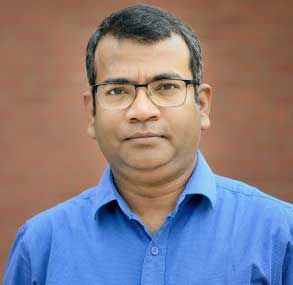
Prof. Jitendra K. Bera
Indian Institute of Technology, Kanpur, India
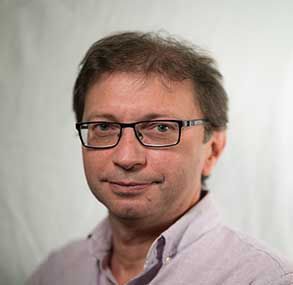
Prof. Mark Gandelman
Technion-Israel Institute of Technology, Israel
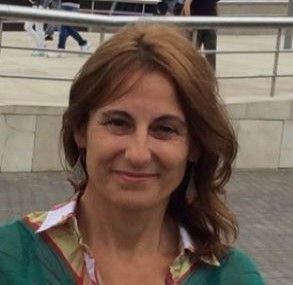
Prof. Beatriz Royo
ITQB NOVA-Instituto de Tecnologia Química e Biológica António Xavier Universidade Nova de Lisboa
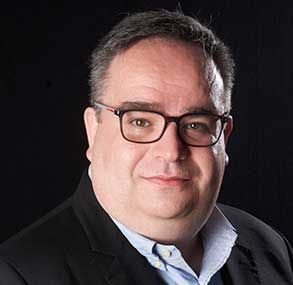
Prof. Jean-François Soulé
Chimie ParisTech, PSL University, CNRS iCLeHS
Plenary Speakers
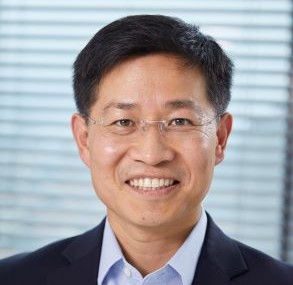
Prof. Shu-Li You
Shanghai Institute of Organic Chemistry, China
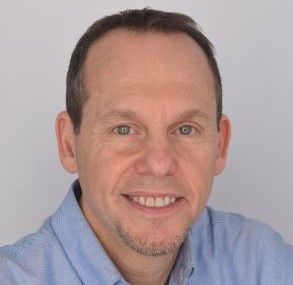
Prof. Alan Goldman
Rutgers University, United States
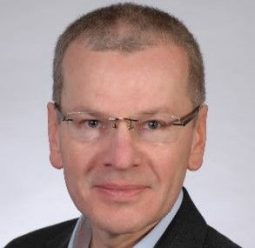
Prof. Matthias Tamm
Technische Universität Braunschweig, Germany

Prof. Jeanne Crassous
CNRS Institut des Sciences Chimiques de Rennes, France

Prof. Jonathan Ellman
Yale University, United States
Invited Speakers
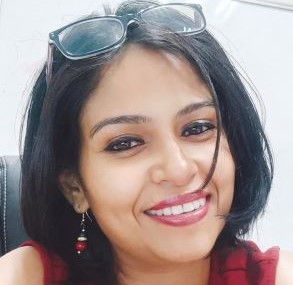
Prof. Moumita Majumdar
Indian Institute of Science Education and Research Pune, India
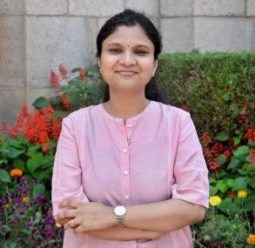
Prof. Garima Jindal
Indian Institute of Science Bangalore, India
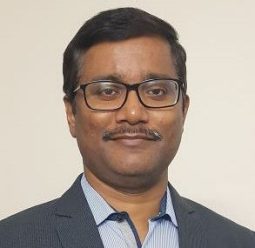
Prof. Joyanta Choudhury
Indian Institute of Science Education and Research Bhopal, India
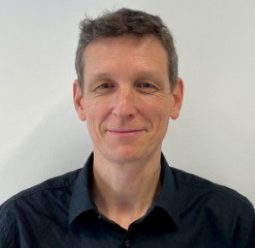
Prof. Nicolas Blanchard
University of Strasbourg, France
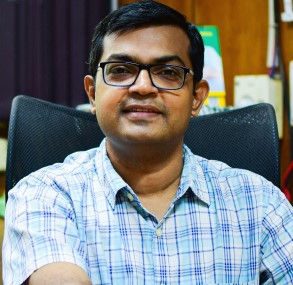
Prof. Arnab Rit
Indian Institute of Technology Madras,India
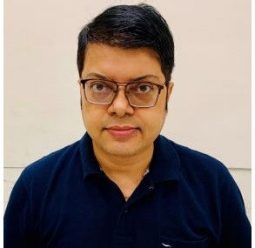
Prof. Tarun K. Panda
Indian Institute of Technology Hyderabad, India
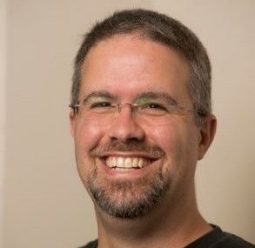
Prof. Dean J. Tantillo
University of California, Davis, United States
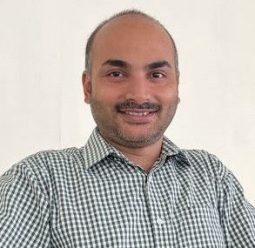
Prof. Akshai Kumar Alape Seetharam
Indian Institute of Technology Guwahati,India
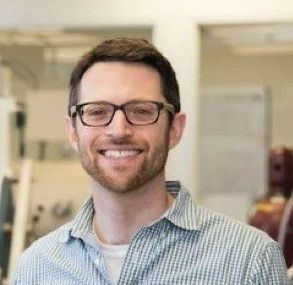
Prof. David Herbert
University of Manitoba, Canada
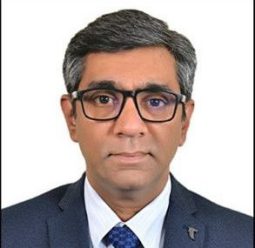
Prof. Manmohan Kapur
Indian Institute of Science Education and Research Bhopal,India
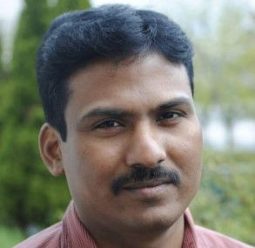
Prof. Basker Sundararaju
Indian Institute of Technology Kanpur, India
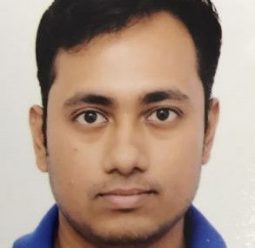
Prof. Arnab Dutta
Indian Institute of Technology Bombay, India
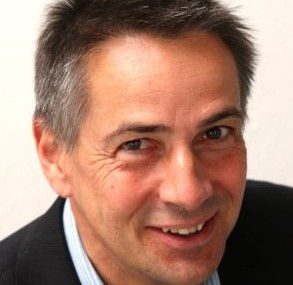
Prof. Burkhard König
University of Regensburg, Germany
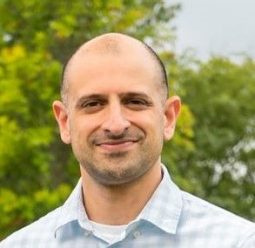
Prof. Neal P. Mankad
University of Illinois, Chicago, United States
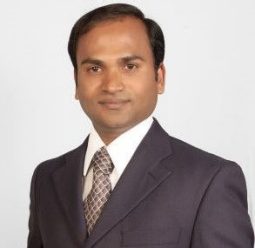
Prof. Chidambaram Gunanathan
National Institute of Science Education and Research Bhubaneshwar, India

Prof. Christophe Darcel
Rennes Institute of Chemical Sciences, France
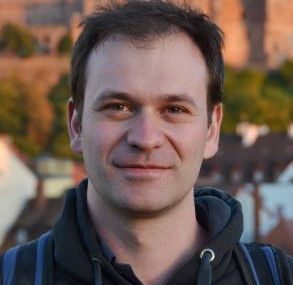
Prof. Dragos-Adrian Rosca
Universität Heidelberg, Germany
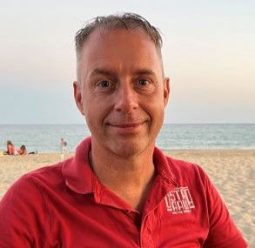
Prof. Arjan Kleij
Institut Català d'Investigació Química, Spain
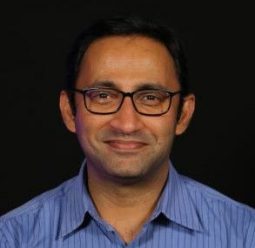
Prof. Santanu Mukherjee
Indian Institute of Science, Bangalore, India
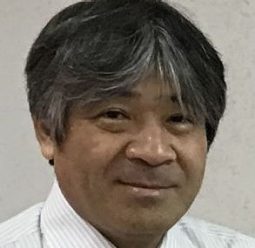
Prof. Kotohiro Nomura
Tokyo Metropolitan University, Japan
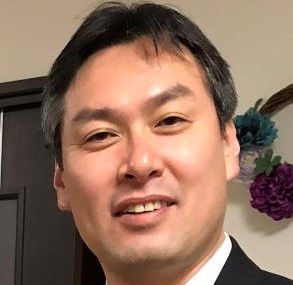
Prof. Hideki Yorimitsu
Kyoto University, Japan
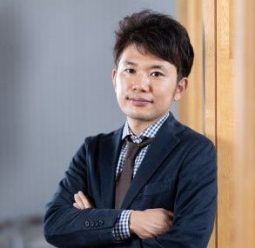
Prof. Koji Hirano
Osaka University, Japan
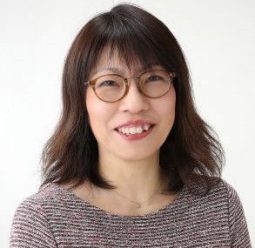
Prof. Takako Muraoka
Gunma University, Japan
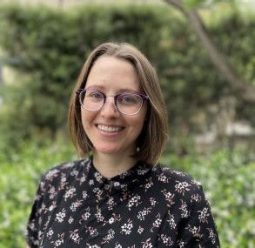
Dr. Annie Colebatch
Australian National University, Canberra, Australia
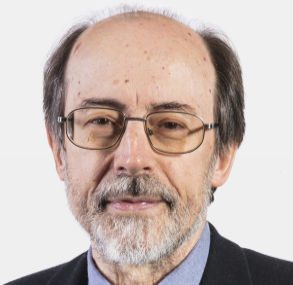
Prof. Armando J. L. Pombeiro
Universidade de Lisboa, Portugal
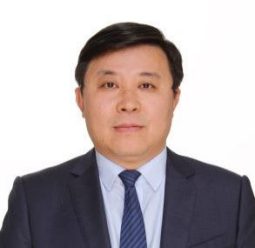
Prof. Bingfeng Shi
Zhejiang University, China
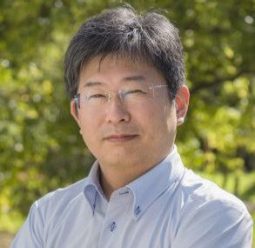
Prof. Tsumoru Morimoto
Nara Institute of Science and Technology (NAIST), Japan
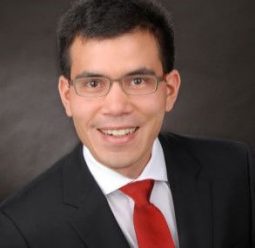
Prof. Rene M. Koenigs
RWTH Aachen University, Germany
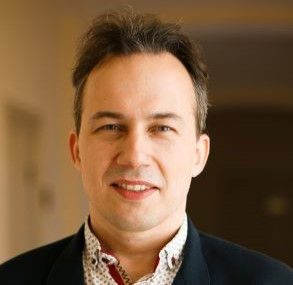
Prof. Dmitry Perekalin
A.N. Nesmeyanov Institute of Organoelement Compounds RAS, Russia
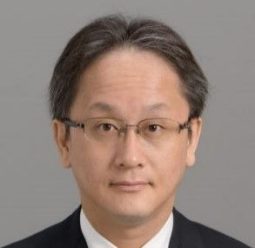
Prof. Takuya Kochi
Keio University, Japan
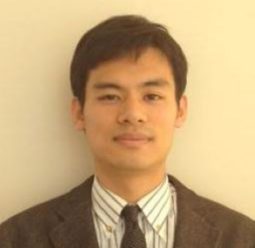
Prof. Hajime Kameo
Osaka Metropolitan University, Japan
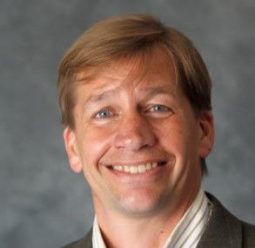
Prof. Bruce A. Arndtsen
McGill University, Canada
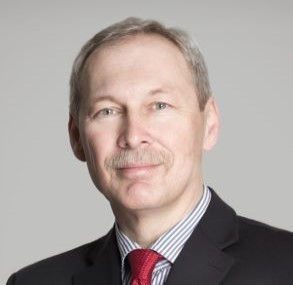
Prof. Martin Kotora
Charles University, Prague, Czech Republic

Prof. Debabrata Mukherjee
Indian Institute of Science Education and Research Kolkata, India

Prof. Sobi Asako
RIKEN Center for Sustainable Resource Science, Japan
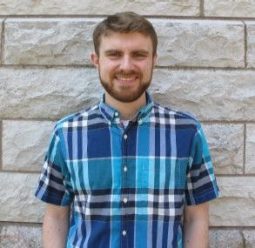
Prof. David C. Powers
Texas A&M University
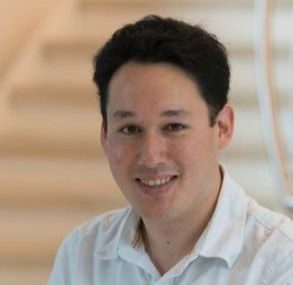
Prof. David Pugh
University of York, United Kingdom
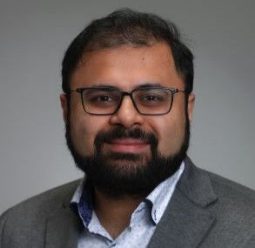
Prof. Saurabh S. Chitnis
Dalhousie University, Canada
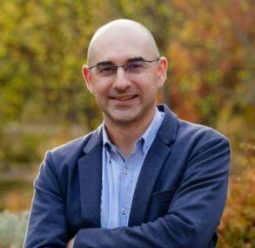
Prof. Laurean Ilies
RIKEN Center for Sustainable Resource Science, Japan
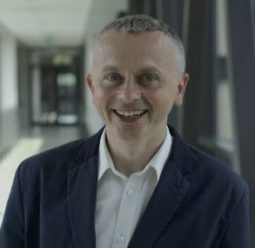
Prof. Jedrzej Walkowiak
Adam Mickiewicz University, Poland
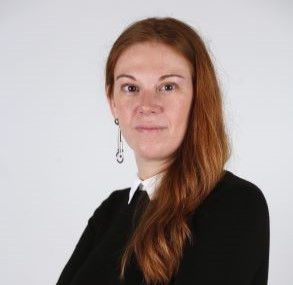
Prof. Mónica H. Pérez-Temprano
Institute of Chemical Research of Catalonia, Spain
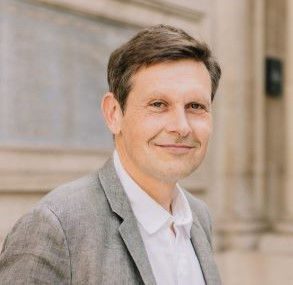
Prof. Louis Fensterbank
Sorbonne Université, France

Prof. Tatiana Besset
Normandie Univ, INSA Rouen, UNIROUEN, CNRS, France

Prof. Valentine Ananikov
Zelinsky Institute of Organic Chemistry Moscow, Russia
Frequently Asked Questions
-
What are Flash presentations?
They are brief, impactful, and convey information about a novel protocol, perspective, technique, or research results. For instance, one Flash Talk may describe an innovative interdisciplinary research outcome. Another may describe results for a pilot/prototype study.
-
Can I submit an abstract if I'm not an early career researcher?
This symposium focuses on early career researchers, but all researchers are welcome to attend. However, the format of the presentation will be 8 minutes flash talk.
-
What is the submission deadline for abstracts?
The submission deadline for abstracts is April 1, 11:59 PM ET.
-
What is the required format for abstracts?
Abstracts should be 2500 characters or less and include the title, author(s), and a concise description of your research.
-
Can I include images or figures in my abstract?
Yes, limited use of images or figures is permitted to enhance your abstract's content.
-
When will I know if my abstract is accepted?
Presenters can expect to receive their acceptance notices approximately 3 months before the meeting. Scheduling notices are sent periodically starting approximately 2 months before the meeting.
-
What if I can't attend the symposium on the scheduled date?
While attending is encouraged, if you can't participate in real time, you can still submit an abstract for inclusion. In case the abstract is accepted, you can share a recorded version of flash talk.
-
Do I need to register separately if my abstract is accepted?
Yes, accepted presenters will have to register for ACS Fall 2024. Symposium organizers will reach out to confirm their participation.

